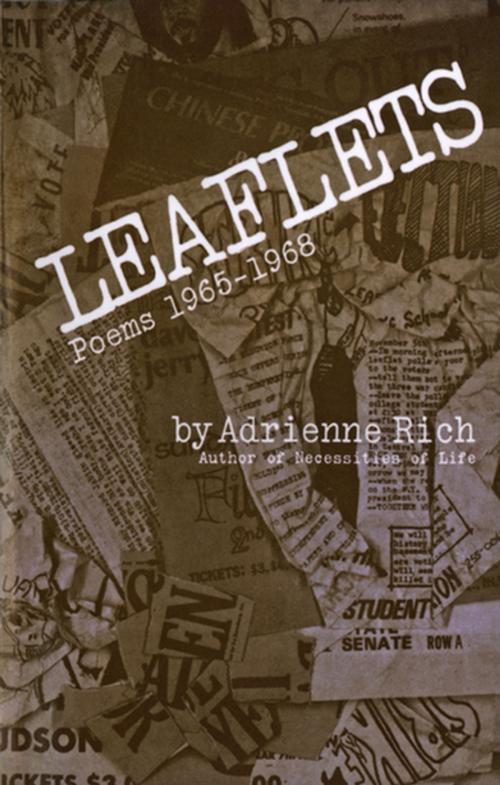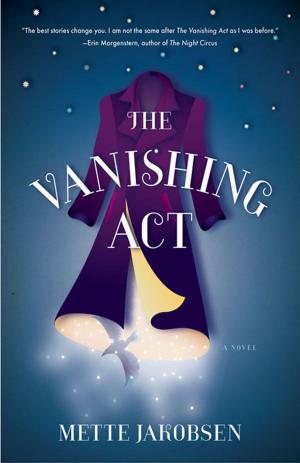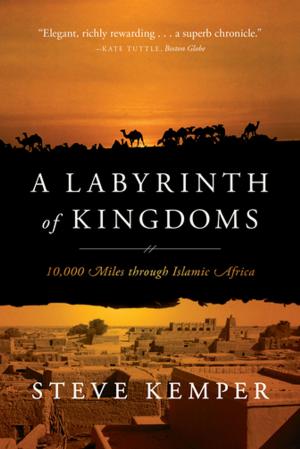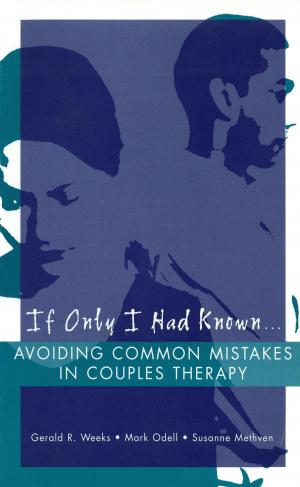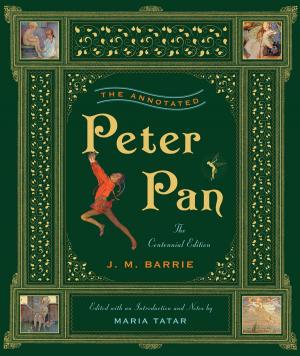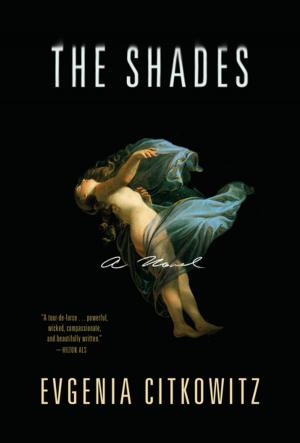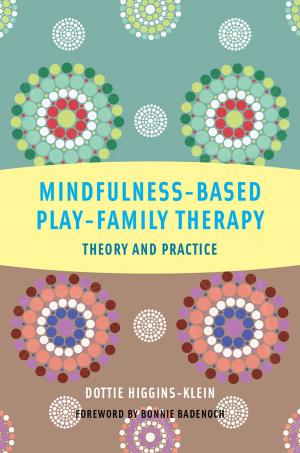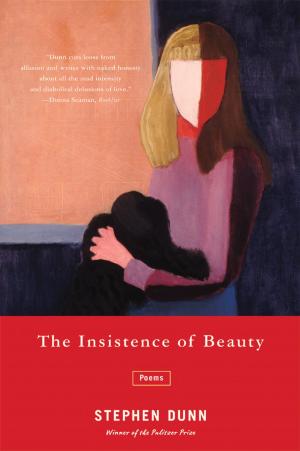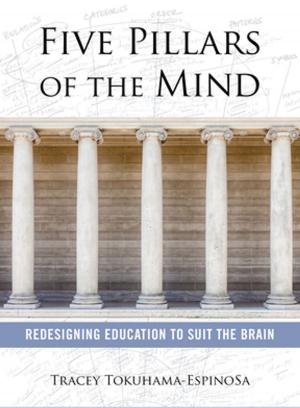| Author: | Adrienne Rich | ISBN: | 9780393348088 |
| Publisher: | W. W. Norton & Company | Publication: | March 17, 1969 |
| Imprint: | W. W. Norton & Company | Language: | English |
| Author: | Adrienne Rich |
| ISBN: | 9780393348088 |
| Publisher: | W. W. Norton & Company |
| Publication: | March 17, 1969 |
| Imprint: | W. W. Norton & Company |
| Language: | English |
Leaflets is Adrienne Rich's fifth book of poems. It contains twenty-eight new poems, five adaptations of Dutch, Yiddish, and Russian poets, and a sequence of seventeen poems loosely based on the ghazal, a common form in Middle Eastern poetic tradition; these ghazals comprise a kind of notebook of a month in the summer of 1968.
The themes of this book are the poetics of violence and the poetics of love. Its impulse is the deepening of recognitions through language, in a time of ignorance and mutilation.
Miss Rich has written: "For a poet...there is this primary labor with words. But I have the notion that how you live your life has something to do with it—that morality, for a poet, is a refusal of blinders, of traditional consolations, a courage to be alone, or wounded....A willingness to step out into the fog, to take paths which may lead nowhere. Certainty, predictability, are the first supports that have to go. I see the poetry of things as standing in resistance to brute mechanistic force, the charge of the rhinoceros with its head down. To discover—literally—this poetry and re-create it in language is a poet's essential action."
Leaflets is Adrienne Rich's fifth book of poems. It contains twenty-eight new poems, five adaptations of Dutch, Yiddish, and Russian poets, and a sequence of seventeen poems loosely based on the ghazal, a common form in Middle Eastern poetic tradition; these ghazals comprise a kind of notebook of a month in the summer of 1968.
The themes of this book are the poetics of violence and the poetics of love. Its impulse is the deepening of recognitions through language, in a time of ignorance and mutilation.
Miss Rich has written: "For a poet...there is this primary labor with words. But I have the notion that how you live your life has something to do with it—that morality, for a poet, is a refusal of blinders, of traditional consolations, a courage to be alone, or wounded....A willingness to step out into the fog, to take paths which may lead nowhere. Certainty, predictability, are the first supports that have to go. I see the poetry of things as standing in resistance to brute mechanistic force, the charge of the rhinoceros with its head down. To discover—literally—this poetry and re-create it in language is a poet's essential action."
